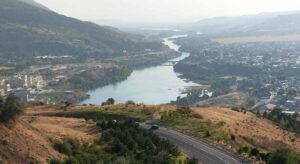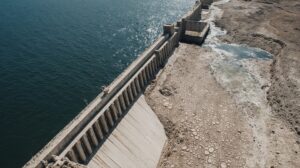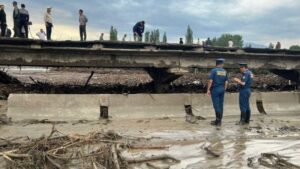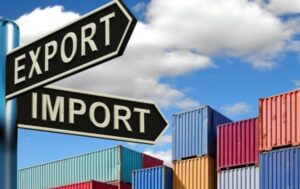President of Uzbekistan, Shavkat Mirziyoyev highlighted the challenges faced by the region in terms of foreign trade cargo transportation costs at the Consultative Meeting of Central Asian leaders in Astana.
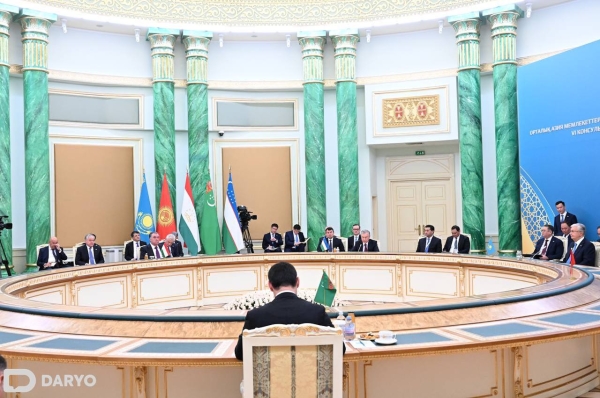
He noted that due to the geography of the region, the cost of transporting foreign trade cargo amounts to 50% of the final value of goods, which is 4-5 times higher than the global average.
“Due to the uniqueness of the region’s geography, the share of foreign trade cargo transportation costs reaches 50% of the final value of goods. This is 4-5 times higher than the global average,” President Mirziyoyev
Mirziyoyev emphasized that according to a World Bank report, Central Asian countries remain among the least “unified” economies globally, particularly concerning their internal regional transport and communication networks.
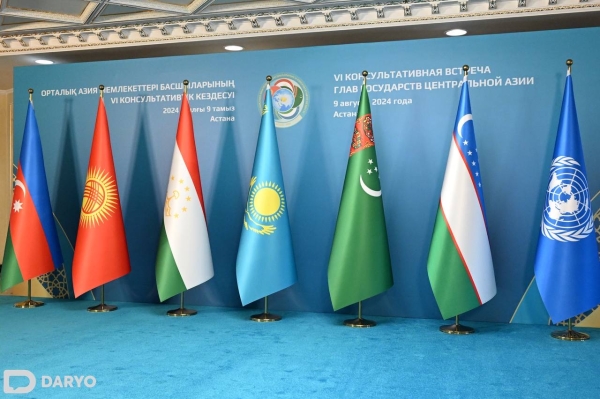
“The World Bank’s conclusion indicates that our economies remain among the least ‘unified’ in the world,” President Mirziyoyev stated. “We are talking about the internal regional transport and communication network. I am grateful to my colleagues for supporting the adoption of comprehensive measures for the development of efficient transport corridors.”
He outlined projects aimed at improving access to markets in the European Union, China, South and Southeast Asia, and the Middle East. Key focus areas include the formulation and implementation of a tariff policy, application of concessions and preferences for national carriers, modernization of transport networks and infrastructure, and digitalization of the transport sector.
To address these issues, President Mirziyoyev proposed holding an Expert Conference involving transport ministries, carriers, forwarders, logistics companies, and specialists. This conference aims to support the adoption of the Transport and Transit Agreement and facilitate its implementation.
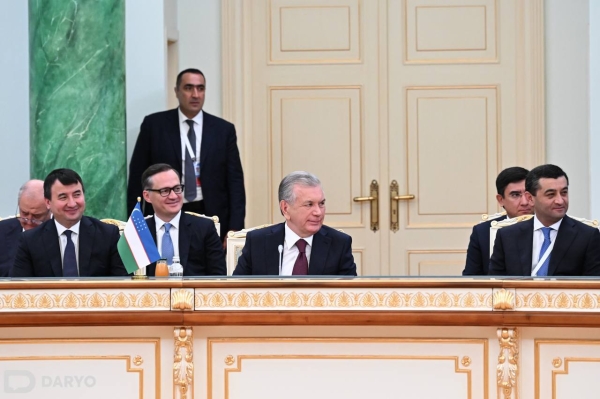
President Mirziyoyev also emphasized the need for support and encouragement of industrial cooperation across the region. He cited examples of cross-border cooperation in sectors such as automobiles, consumer electronics, pharmaceutical production, and agricultural and textile clusters.
“To create a map of the region’s industrialization, we must join forces, develop value chains, attract investments and technologies from international companies, and introduce new forms of cooperation,” he said. “It is crucial to establish the Council at the ministerial level and prepare a document for this direction.”
Furthermore, President Mirziyoyev proposed the establishment of the Central Asian Investment Council and the Innovative Development Bank for the region. Regular joint investment forums were also suggested as a means to enhance the investment attractiveness of Central Asian countries through coordinated efforts.
